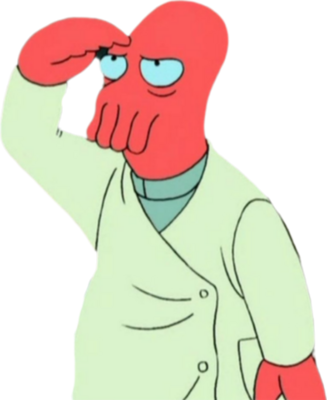

Well, that is one way to attempt to avoid a question, but it’s definitely not subtle.
I don’t think it is necessary for me to add more to the “materialism” side of this discussion considering the amount of times I’ve pointed out your idealism or agnosticism in this thread, while also leaving a great source on the matter which was Lenin’s “Materialism and Empirio-Criticism”.
But what I am asking you now is about Dialectics and if you could possibly give an example of a Marxist source that actually uses Fichtean dialectics, another example of sophistry was not necessary, it’s the other Greek word that you are lacking of.
Considering you continue to try to avoid a crucial part of this discussion, I will repeat the question once more: Why do you use Fichtean “thesis–antithesis–synthesis” in diamat?
Why do you use Fichtean dialectics in diamat? Why use contradictions as “thesis–antithesis–synthesis”? Where did you learn that? Have you found a Marxist author using it like I asked you to link me 3 months ago? Do you just replace Hegelian Dialectics or try to mesh both? If you claim that to you the abstraction of “third order” isn’t the conclusion what is the “synthesis” then?



Wow, this is literally what I was saying a couple of comments ago. You have “engaged” so much with what has been said to you that you can’t even point out the flaws in my comments and can only attempt to reflect your own mistakes at me.
Well, I am only repeating that because you keep avoiding it. And you might say that you are not using Fichtean dialectics but there is a source that disproves you on that, your own post:
In case you didn’t make a quick search (which would be on character), from the very first paragraph on Fichte in Wikipedia:
Back to you, on your text linked at the top of this post:
A mishmash of an attempt to explain Hegelian concepts using Fichtean logic, the fine work of a true muddler.
So even tough you might claim to not use Fichtean dialectics in diamat, your own writing proves otherwise, I wonder why that is.
And there it is, the ultimate way of avoiding your mistakes, blaming others and turning away, no surprises here.
If there is anything out of this discussion that I hope has become clear to you, it is that if you are going to write a text on a matter that you don’t understand, only to stroke your own ego, be aware that there might be people out there that have actually studied it and will call you out on your mistakes.